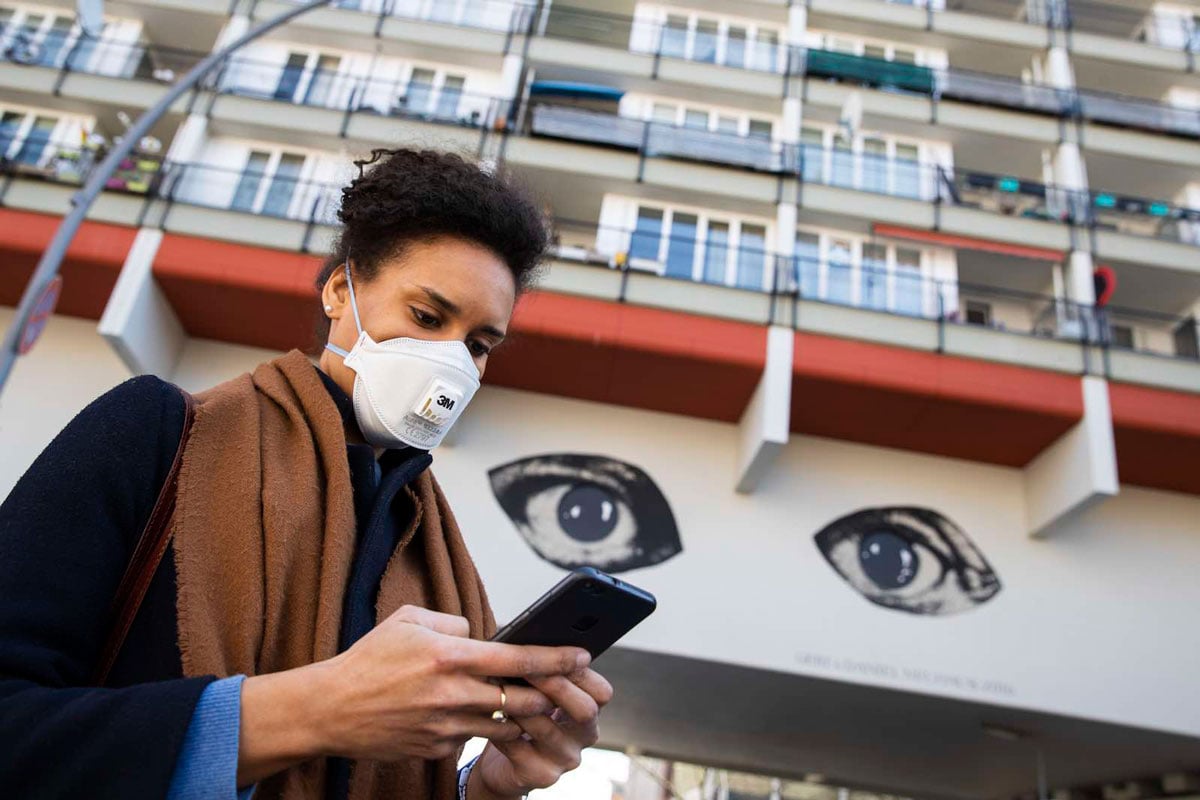Venue contact tracing sounds great in theory. In reality, however, it’s been a burden on business, a privacy and contamination risk for guests and a compliance headache for the government, with little to no perceived reward for anyone.
When venues reopened, we all thought we were on our way back to normal. We could get back on the beers, enjoy our local cafe’s smashed avo and enjoy a day at the zoo with the kids on school holidays. The price for this return to normality? Increased hand hygiene, physical distancing, oh and that other formality of handing over your personal details.
Most give it little thought. “It’s no different to booking a table at a restaurant” has been a common response. But how many of us have provided false details when using a booking system to avoid being targeted with marketing messages?
That is the issue here. The current contact tracing rules, which venues are required to uphold, do not consider the accuracy of information – meaning there is no way to know if patrons’ details are accurate. Without complete confidence that venue guests can be ‘traced’ and contacted, the system is totally flawed.
For the venues themselves, contact tracing is a significant operational burden. I know this firsthand as a restaurant owner in Melbourne. Over and above all the safety measures put in place before reopening, there are multiple check boxes to tick each day that we are open – from a health standpoint but also a privacy perspective.
While the Victorian Government stipulates that a pen and paper will suffice for the collection of guests’ details, the guidelines make it clear that this should not be a communal pen and the information should not be accessible to others. Any venues leaving a list of guests’ names and phone numbers on a table for all to see (and use) are not adhering to the rules.
For those patrons willing to share their correct information, this is not what they expect. Nor do they expect venues to keep their details longer than the 28 days recommended by the guidelines, but there is no way for guests to know if their details will be appropriately destroyed on day 29.
More importantly, who is ensuring that venues comply with these guidelines? The government, apparently, but there’s little evidence of this happening. Through discussion with my peers, the consensus is that compliance has been very lax. Sure, a number of places have been policed recently but has the patron data actually been verified? Usable data is the entire reason we do it in the first place.
With the number of cases in Victoria worryingly once again exceeding 100 per day and subsequent lockdown measures in place across certain areas, there is a clear argument for increased compliance in those places where people can still visit venues. We cannot risk any further areas needing to go back into lockdown and making more businesses close their doors.
It’s vital we get this right and establish a proper system now, before we (hopefully) reopen the likes of stadiums or music venues. More people mixing together in the same space, for longer periods of time, calls for watertight contact tracing.
Of course, there is the counter argument to consider – if it’s not working, should we just scrap contact tracing altogether? It would reduce concerns around privacy and contamination and lessen the burden on businesses.
In my opinion, we pursue – but in a better way. This means heightened compliance efforts. Not because I want to see more fines issued – businesses have had it tough enough this year – but a step up is needed for our protection.
The first move should be to update the guidelines to ensure venues use methods that confirm the accuracy of details collected. One way to do this is by using a digital information collection system such as QR coding – this method requires a step that verifies the user’s phone number. This way, guests can prove to the venues they have supplied accurate information and can be contacted for tracing purposes. In fact, in the event that we do collect a validated phone number, do we even need anything else? Is a name actually necessary, and can we protect patrons’ privacy even further?
The second step should be to advise businesses of secure ways to store and destroy guests’ data appropriately, to reduce the risk of data leaks or privacy act breaches that could result in reputation and monetary penalties.
The third, and last resort really, is to increase the level of on-the-ground compliance.
It’s time for the government to rethink venue contact tracing. Either improve it or scrap it, because the status quo benefits no-one. What are we waiting for?







